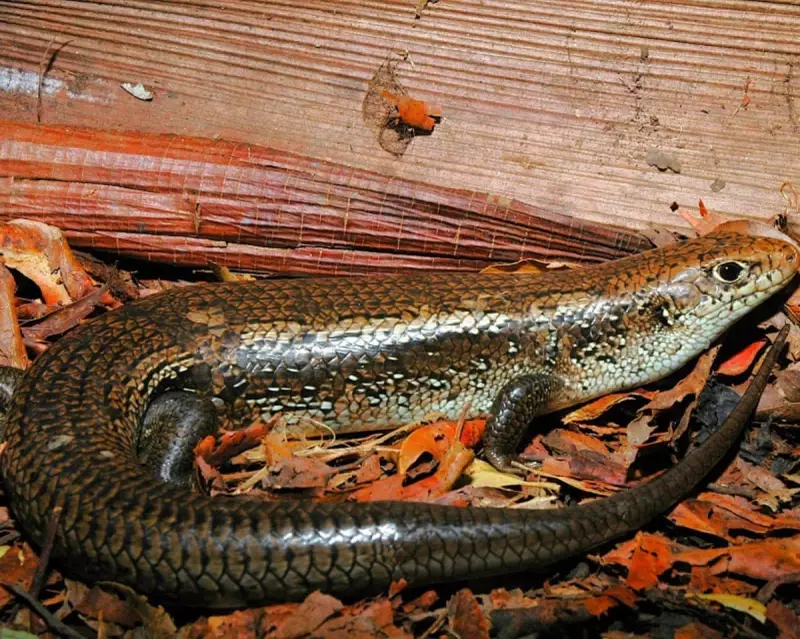
Scientists have uncovered a remarkable biological defence mechanism in Australian skinks that could transform the way antivenoms are developed. These small lizards exhibit a natural resistance to snake venom, a discovery that may lead to more efficient and targeted antivenom treatments.
A Natural Defence Against Deadly Venom
Researchers studying the humble Australian skink have made a startling discovery: these reptiles possess an innate resistance to the venom of some of the country's most dangerous snakes. This finding challenges previous assumptions about predator-prey relationships in the animal kingdom and opens new possibilities for medical research.
Implications for Antivenom Development
The research suggests that studying these skinks' biological defences could help scientists:
- Identify key proteins responsible for venom resistance
- Develop more targeted antivenom treatments
- Reduce side effects in current antivenom therapies
- Create more cost-effective production methods
Traditional antivenom production involves injecting animals with small amounts of venom and harvesting the antibodies produced. The skink research could streamline this process significantly.
The Science Behind the Discovery
Australian researchers conducted extensive laboratory tests comparing the effects of snake venom on skinks versus other reptiles. The results showed skinks surviving doses that would be lethal to other species of similar size.
"This is a game-changer for antivenom research," said lead researcher Dr. Sarah Wilkinson. "Understanding how these skinks neutralise venom could help us design better treatments for snakebite victims worldwide."
Potential Global Impact
Snakebites cause an estimated 138,000 deaths annually worldwide, with many more suffering permanent disabilities. Current antivenom treatments can be expensive, difficult to produce, and sometimes cause severe allergic reactions.
The skink research offers hope for developing:
- More universally effective antivenoms
- Treatments with fewer side effects
- More stable formulations for use in remote areas
Further studies are planned to isolate and replicate the skinks' natural defence mechanisms, potentially leading to clinical trials within the next decade.





